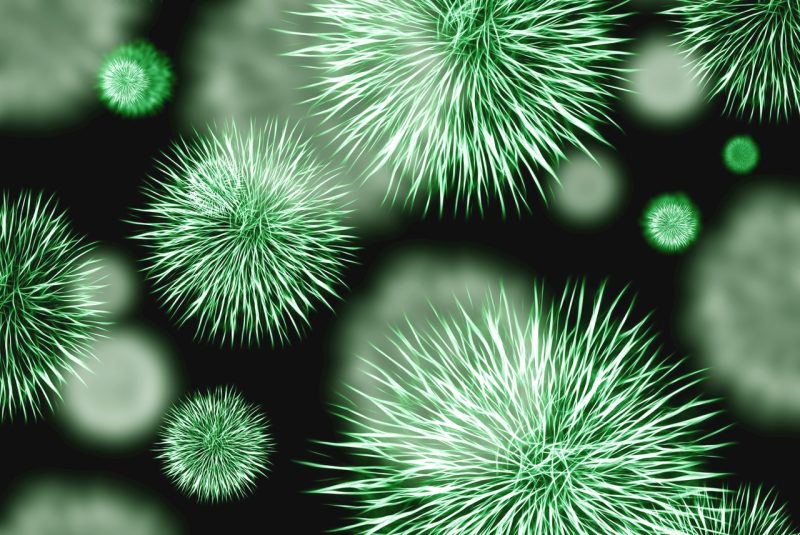A team of researchers from Queen’s University in Belfast in Northern Ireland have identified new problems linked to coronavirus disease (COVID-19) and warn of a sharp rise in antimicrobial resistance associated with its treatment in the aftermath of the pandemic.
In their paper, published in EMBO Molecular Medicine, leading microbiologists Jose Bengoechea and Connor Bamford from the Wellcome-Wolfson Institute for Experimental Medicine at Queen’s highlight the dramatic impact of co-infections in COVID-19 patients and urge caution over a new wave of antimicrobial resistance.
In their paper, the researchers discuss how COVID-19 patients are at risk of developing severe bacterial infections.
The researchers suggest potentially fatal bacterial respiratory infections may arise subsequently or coincidentally from hospital stays and therapies given to treat such patients.

Co-existing bacterial infection alongside the virus may worsen the clinical outcome and the severity of COVID-19 in a patient, increasing the risk of death.
Clinical data as well as post-mortem analysis of tissues from COVID-19 patients already indicate the presence of bacterial co-infections in patients.
The paper highlights how SARS-CoV-2 and bacteria in the lungs may affect each other’s ability to cause damage, and with the immune response to the virus being different when bacteria are present, the clinical outcome and the severity of COVID-19 in a patient could worsen.
The paper also suggests the likeliness of the gut microbiota being disrupted in severe COVID-19 patients, which may affect disease outcomes, including predisposition to secondary bacterial infections of the lung.
Jose Bengoechea, Professor of Molecular Microbiology and Director of Wellcome Wolfson Institute for Experimental Medicine at Queen’s University, explains: “The lack of therapies to treat severe COVID-19 patients led clinicians to use a number of treatments to modify the activity of their immune system.
“However, it is important to note that these interventions may also increase the risk of potentially fatal secondary bacterial respiratory infections.
“Therefore, careful consideration should be given whether any potential new therapy may affect the patients’ defences against bacterial infections. We believe that there is an urgent need to develop new therapeutics to treat COVID-19 targeting the virus/bacteria co-infection scenario.”
The research also raises concerns about the impact of COVID-19 on antimicrobial resistance (AMR) globally.
Nearly all severe COVID-19 patients are being treated with broad-spectrum antibiotics, which not only may have limited results but are also associated with higher mortality.
The World Health Organisation (WHO) had recently expressed fears that the coronavirus pandemic will increase the global threat of antimicrobial resistance as many coronavirus patients receive antibiotics as part of their treatment regime.
Connor Bamford, virologist and Wellcome-ISSF Research Fellow at the Wellcome-Wolfson Institute for Experimental Medicine at Queen’s University, says: “We are still in the early days of the COVID-19 pandemic and are learning more about this virus and disease every day. One of the most worrying aspects emerging is the association with bacterial and other microbial co-infections in the sickest patients.
“Our research suggests that bacterial infection alongside the virus is likely to make COVID-19 worse, although we don’t yet know the true extent. The rise of antimicrobial resistance in bacteria means this situation is harder to treat. It is clear that we will need new drugs that take into consideration both the virus and the bacteria.”
Bengoechea concludes: “It is critical that co-infections should not be underestimated and instead be part of the plan to limit the global burden of morbidity and mortality during the COVID-19 pandemic and beyond.
“We hope that our research exploring the role of bacterial and SARS-CoV-2 co-infections will result in the improved health of COVID-19 patients and possibly even save lives.”









